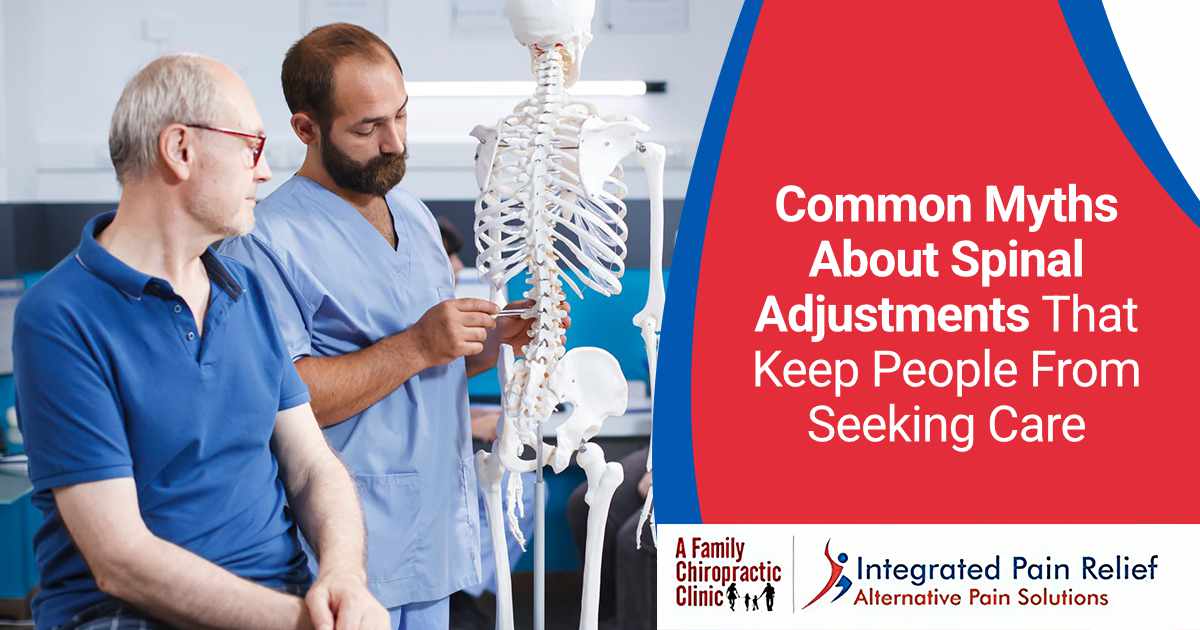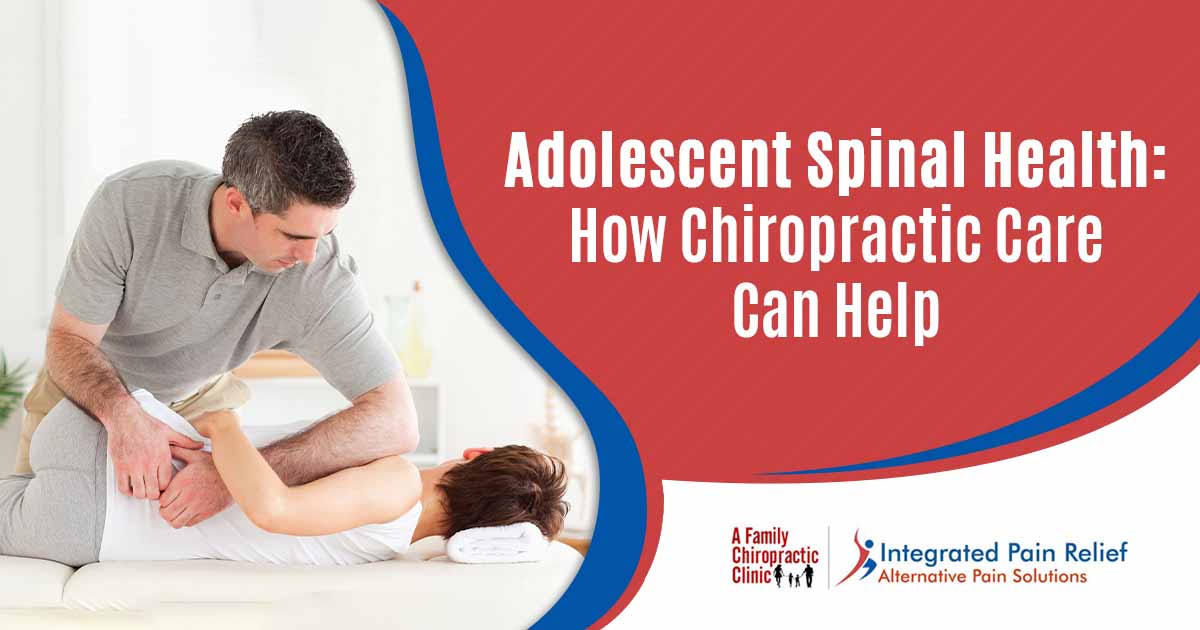Numbness & tingling in your hands and feet can be a sign that your spine is out of alignment. These symptoms are commonly associated with spinal issues such as pinched nerves. Thankfully, you don’t have to live with these annoying sensations. Routine chiropractic care can help relieve these symptoms and get you back to your old self.
A Family Chiropractic Clinic sees many patients who complain of numbness & tingling in their extremities and other areas. Our professional team works quickly to get to the root of the problem. We care about your health and want your body to be its best version of itself. We evaluate each patient to determine the best treatment possible for their unique situation.
What Causes Numbness & Tingling?
There are a number of things that can cause numbness & tingling throughout your body. Often this traces back to a pinched nerve. This generally occurs at your spine before traveling to both your upper and lower extremities. This accounts for numbness & tingling in your arms, legs, hands, and feet.
Unfortunately, a pinched nerve can be difficult to diagnose. This is because the pain often doesn’t manifest at the location of the pinched nerve, but rather elsewhere in the body. The spinal cord is a concentrated network of nerves that relays information throughout our bodies. The spine is a series of vertebrae that protects the spinal cord. This flexible bone structure also supports the weight of our body and allows us to move in many directions with ease. Spinal discs cushion the vertebrae, protecting them from each other.
Through age, overuse, and improper use our spine and spinal discs degrade over time. This can lead to injuries such as herniated or bulging discs that put pressure on nerves. This pressure can also be caused when your spine is out of alignment. It’s also possible to develop a bony overgrowth on the spine that could cause problems with nerves as well. In any of these situations, where pressure is placed on the nerves, we often feel pain, numbness, or tingling elsewhere in the body. Because the pain is not usually noticeable at the site of the problem, a pinched nerve often goes undiagnosed until other conditions are ruled out.
Numbness & Tingling from Pinched Nerves
The specific location of your numbness & tingling provides vital information about where the problem with your spine is located. Usually there’s a direct correlation between the symptoms and the area of the spine causing the problem. For example, if you have a pinched nerve in your neck you’re more likely to experience numbness & tingling in your hands, arms, or shoulders.
If you have a pinched nerve that doesn’t quickly resolve itself, it’s important to seek treatment. Not only will treatment help restore normal sensation but it will prevent permanent nerve damage. The longer a nerve is pinched, the greater the risk for permanent damage. Any ongoing tingling or numbness should be investigated as soon as possible.
Chiropractic Care to Treat Numbness & Tingling
If you experience ongoing numbness and tingling you’ll want to set up an appointment with your doctor or chiropractor. They’ll begin with a medical history and physical exam before working towards a diagnosis. They may perform a series of diagnostic tests to rule out other conditions. These may include x-ray, MRI, CT scan, bloodwork, vascular ultrasound, or nerve conduction velocity studies. If all signs point to a pinched nerve then your chiropractor is your best treatment option.
Your chiropractor will use chiropractic adjustments to help restore your spine and spinal discs to the proper alignment. This will alleviate the pressure and nerve irritation that’s causing the numbness & tingling. This is done with very carefully controlled pressure to return the joints of your spine into their normal position. In addition to relieving the pinched nerve problem, you’ll likely notice improved motion and a general sense of well-being.
Many people begin to notice results fairly quickly. However, in some cases your chiropractor may also suggest physical therapy to help reduce any inflammation. They’ll also work with you to help prevent the problem from happening again. Chiropractic care focuses on the big picture of your general health. Your chiropractor will coach you on nutritional and lifestyle choices for your overall health. They may also offer guidance for improving your posture. Poor posture is a major contributor to neck and back pain as well as pinched nerves.
Improving Your Posture
One of the best things you can do for your body is to constantly pay attention to your posture. This day and age it’s extremely easy to get too comfortable, especially while using electronics. This results in a hunched position over computers, tablets, and cell phones. We also put a lot of unnecessary pressure on our neck by looking at our phones or tablets in unusual positions while in bed or on the couch. Many people also sustain back injuries from improper form while working or exercising.
It’s important to understand how to maintain proper posture through all activities. Speak with your chiropractor to learn more about specific stretches and exercises created for improving your posture. Be mindful throughout the day of your posture as well. Even everyday situations like being hunched over while driving can cause significant damage over extended periods of time if not corrected.
Your body depends on your spine. It supports your body as well as your movements. When in doubt, speak with a qualified chiropractor about small adjustments you can make to get yourself on the track to perfect posture.
If you are experiencing numbness & tingling, or any other form of neck or back pain, call A Family Chiropractic Clinic. Our professional staff wants to help you get back to feeling great. Wear and tear on our backs, along with the consequences of aging is inevitable. But you don’t have to let these things rule your life. You can still have a healthy, flexible, strong spine and back.









